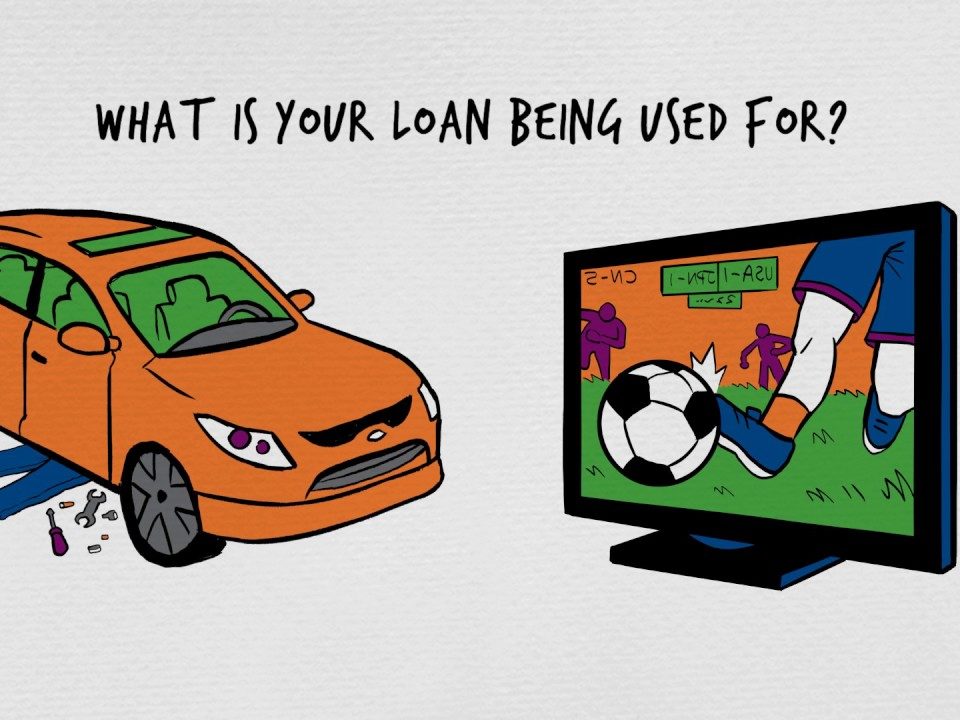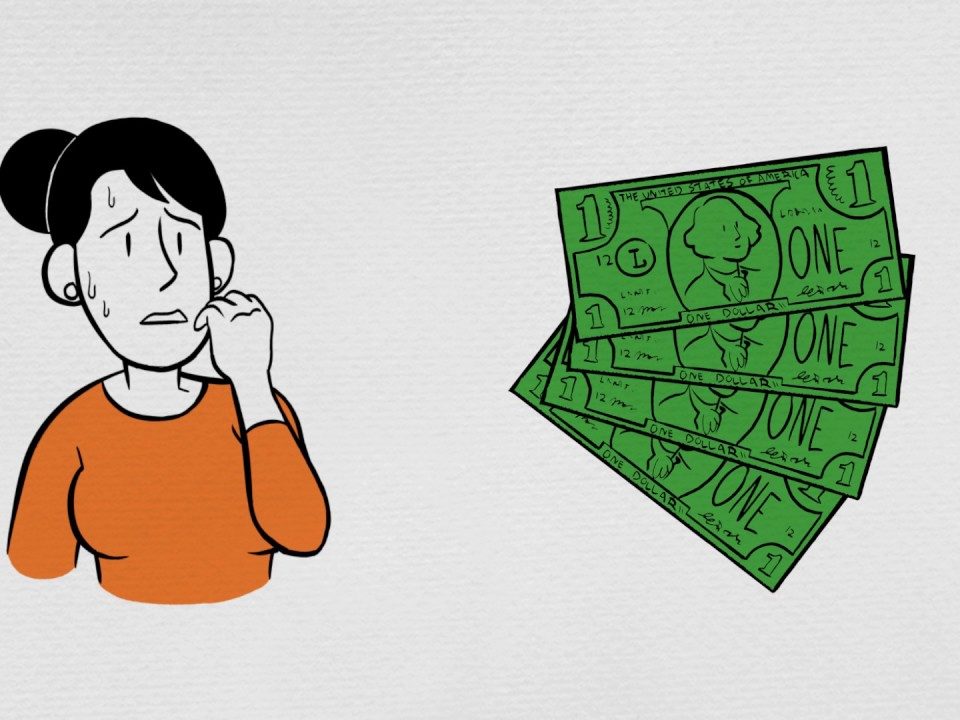
What is IRS Free File?
March 6, 2017
The Benefits of Prepaying Your Loan
March 6, 2017t’s a number we hear about a lot. Your credit score. Everyone is talking about it (including those guys that sing about it on TV), but what does it mean for you and how are scores determined? Let’s take a look.
The Basics
Your credit score (or FICO® score) is a number that lenders use to determine your credit worthiness, based on the information in your credit report. It’s important to note that your credit report and score are two different things. You also have three different scores from each of the three credit reporting bureaus—TransUnion, Equifax and Experian. Scores can vary between the three bureaus and lenders may refer to one or all of your scores when you ask them for credit.
Why It Matters
Having a good credit score is important. Generally, it allows you to obtain other credit and secure better interest rates. Cell phone companies, landlords—even potential employers may also check your score to determine your credit worthiness or character. Most credit scores fall between 600 – 750 and a score above 700 is considered good.

What’s In a Credit Score?
Five factors are used when determining your credit score.
1. Your payment history – approximately 35% of a FICO score
Are you making your payments on time? Having late payments, bankruptcies and other negative items on your credit report can bring down your score. On the flip side, paying your bills on time will help your score.
2. How much you owe – approximately 30% of a FICO score
Your FICO score looks at how much you owe on your accounts, the number of accounts you have with balances and the amount of available credit you have. It’s a good rule of thumb to only use 30% of the available credit you have. So if you have a credit card with a limit of $1,000, you’ll only want to carry a balance of $300 for that card to have the best impact on your score.
3. Length of credit history – approximately 15% of a FICO score
A lengthier credit history is better for your score, but it’s still possible to have a good score if your credit history is shorter. So if you’re going to cancel a credit card, make sure it’s not the card you’ve had the longest. A card with a longer history is better for your score.
4. New credit – approximately 10% of a FICO score
Ironically, opening new lines of credit can actually hurt your score, but not by much (usually less than 5 points). This is because the “inquiries” lenders do when checking your credit can be counted against you. If you’re rate shopping for a new loan, do so within a certain period of time, such as 30 days, to avoid putting any dings in your score. However, FICO scores can tell the difference between you rate searching for multiples lines of new credit or just one type of new credit.
5. Other factors – approximately 10% of a FICO score
There are some other smaller things that can impact your score. One of them is the different types of credit you have. So having a mix of credit cards and installment loans (this includes a mortgage, student or auto loan) can be good for your score.





